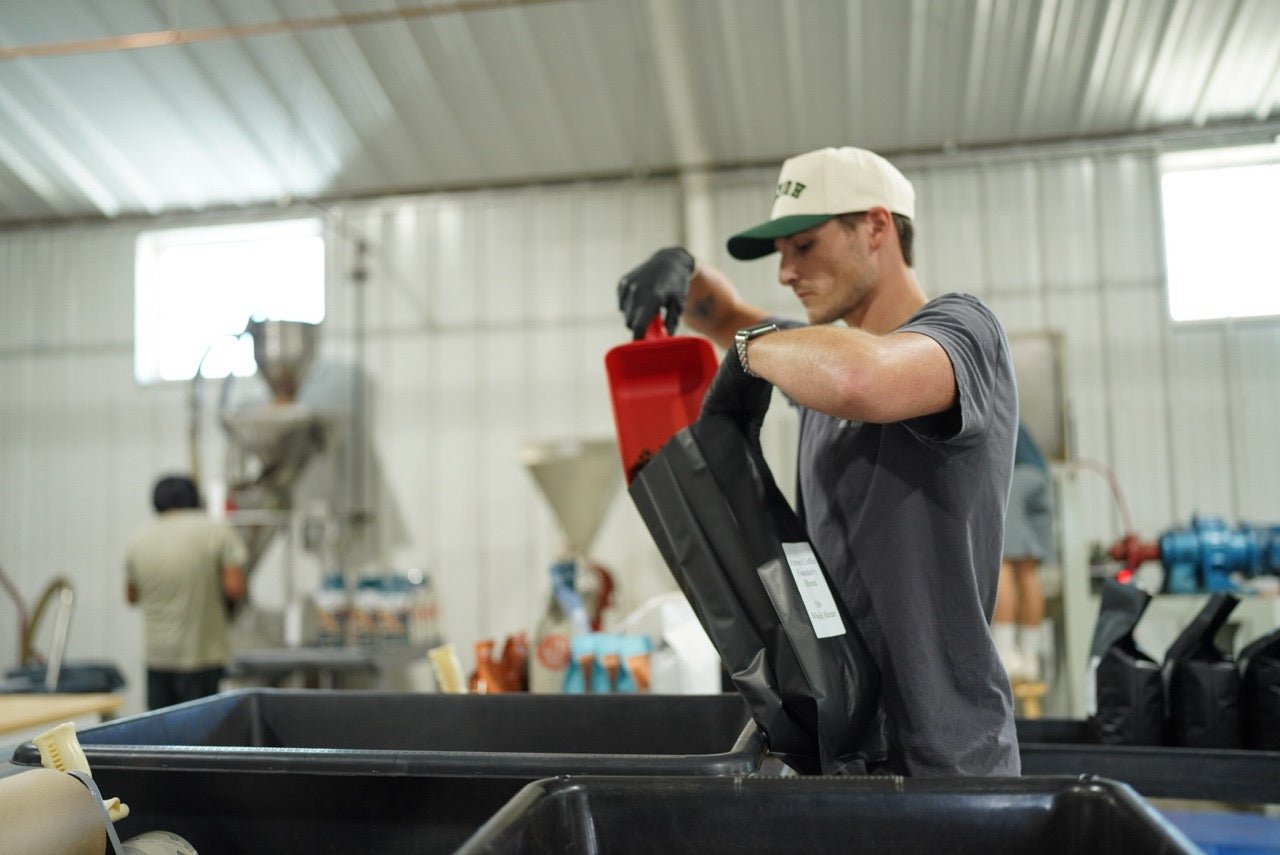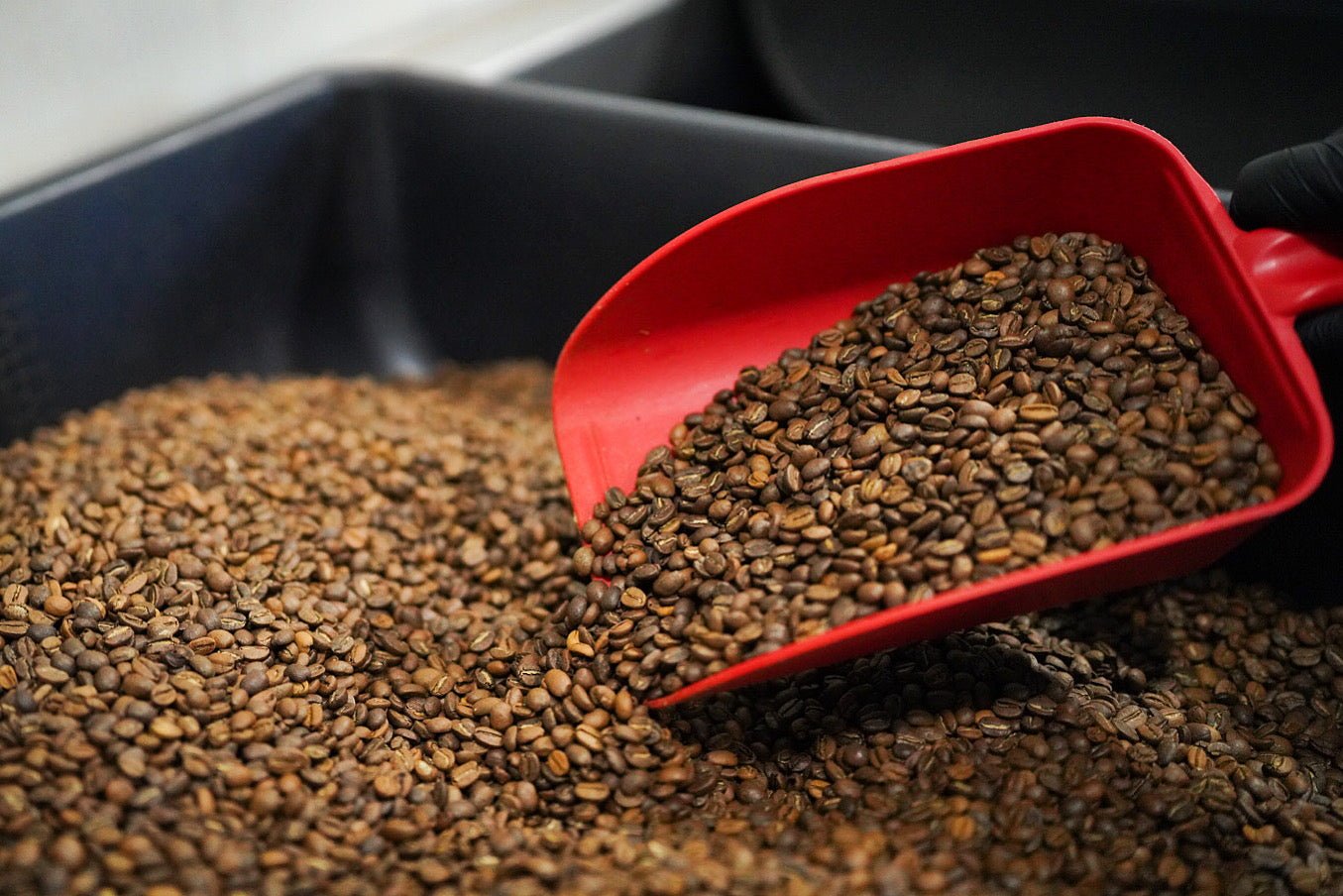Brewing a Better World: Sustainable Coffee Production and Its Impact
In an era marked by climate change and increasing consumer awareness, sustainability has become a critical consideration in the world of coffee. In this blog post, we'll explore the significance of sustainable coffee production, the various certifications available, and how you, as a consumer, can contribute to a greener future.
Understanding Sustainable Coffee Production: Sustainable coffee production goes beyond organic farming practices. It encompasses a holistic approach to coffee cultivation, considering the environmental, social, and economic dimensions. This includes protecting biodiversity, reducing water usage, maintaining healthy soil, and ensuring fair wages for farmers.
Coffee Certifications: Several certifications exist to guarantee the sustainability of coffee production. Some of the most common include:
- Fair Trade: This certification ensures farmers receive a fair price for their coffee and promotes better working conditions and sustainable practices.
- Rainforest Alliance: This certification focuses on the conservation of ecosystems, wildlife protection, and the well-being of local communities.
- Organic: Organic-certified coffee is grown without the use of synthetic fertilizers, pesticides, or herbicides.
Your Role as a Consumer: As a coffee lover, you can contribute to a more sustainable future by making informed choices. Look for certifications and support brands that prioritize sustainable practices. Small changes in your purchasing habits can have a significant impact on the environment and the livelihood of coffee farmers around the world.
Sustainability in coffee production is an essential aspect of ensuring a greener future for both our planet and its inhabitants. By understanding the importance of sustainable practices and supporting


